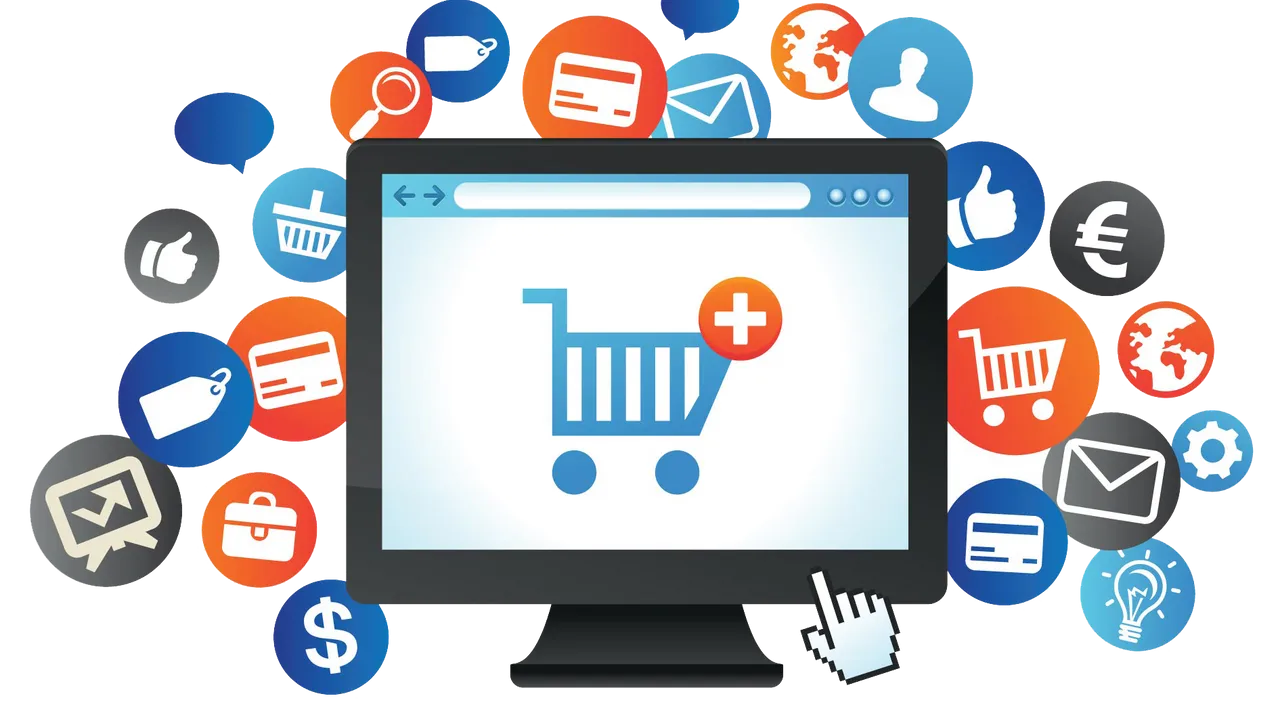For any company to be relevant and generate revenue, their customers should be their first priority, and with customers today expecting consolidated and consistent digital experiences across all touchpoints, businesses have started turning towards Digital Experience Platforms (DXPs).
When it comes to digital technologies used by businesses, it comprises of search, portals, analytics, distribution, content management systems (CMS), and more.
These technologies are now being combined as one digital experience platform, the ultimate goal of which is to provide better user experiences.
If you are new to the topics, then this 101 guide to DXPs is for you.
Why DXP?
There are a variety of compelling reasons why your business should move toward DXPs:
✓ It increases customer loyalty, making the stick to your brand.
✓ Active customer engagement throughout their journey with your company.
✓ You get better insight into the interest and behavior of your customers and their transaction history, using which you get to target your campaigns and content.
✓ You get a combined view of all customer data, activities, and interactions across different channels, applications, touchpoints, and more.
✓ Significant improvement in productivity.
Components of a Digital Experience Platform

While the components of a digital experience platform are many, following are some of the most prominent ones:
Content Services
As you would be aware, web content is one of the most effective marketing techniques, and is widely used in many digital platforms.
Hence, a content management system (CMS) become vital for every business to author, publish, and perform other related tasks. A DXP addresses these and more concerns pertinent to contents services, including workflow, documents, metadata, and taxonomy.
Search Services
Search is a vital tool to any business, which helps with information discovery. A digital experience platform enables you to use various search features, such as site search, federated search, enterprise search, and more.
Campaign Services
DXP is also known for providing strong campaign services as well, some of which include targeted campaign, audience targeting, and user segmentation.
With these features, you can easily build your marketing campaign, targeting the content for the right audiences.
Collaboration Services
A DXP platform for your business also offers a wide range of collaboration services that can benefit your business in several ways.
Some of these services are chat, knowledge base, wiki, blog, email, and messengers.
These services will help your customers learn more about your business and all necessary information about the same, thereby increasing productivity.
Security Services
Of course, security is an essential part of any digital platform, and with a DXP platform, you can use services like authorization, authentication, Web Single Sign-On (SSO), and more.
Benefits to Businesses
The experience and benefits of using a DXP platform varies from one stakeholder to another. For businesses, the benefits include the following:
✓ You get better control over your online channels and increased independence to manage the same, thus enabling self-service.
✓ With DXP, you can use the latest technologies to implement new and more efficient business models.
✓ Using a DXP platform helps businesses bring down customer cost, thereby improving customer loyalty.
This is made possible by offering highly personalized services and content to your customers, thanks to the customer behavior data collected throughout their journey.

✓ Your decision-making ability is significantly improved, because a DXP platform gives you a 360-degree view of all customer data and their activities in a unified space.
✓ Furthermore, moving to a DXP platform helps your business with its digital transformation, thus making it possible for you to automate various business processors.
Benefits to Customers
✓ The digital experience of your customers is personalized to a great extent based on various factors, such as their preferences, location, timing, interaction history, etc.
✓ Customers get to experience really smooth digital experiences at all times.
✓ Gives your business the ability to follow a customer-centric approach.
✓ Rewards customers in different ways, including loyalty programs, based on their interactions.
✓ Enables you to provide better customer service.
Common Barriers
Yes, making a digital transformation to a digital experience platform can bring your business and your customers and other end users a lot of benefits.

However, similar to any other business process, you will encounter some complexities and barriers here as well. The success of this integration as well as the barriers you will likely face depends largely on your digital business strategy.
And most importantly, when you choose a DXP vendor, you need to analyze the ease of integration, service quality, and the technical support that they offer in order to make sure that everything goes according to plan without a lot of hurdles.




